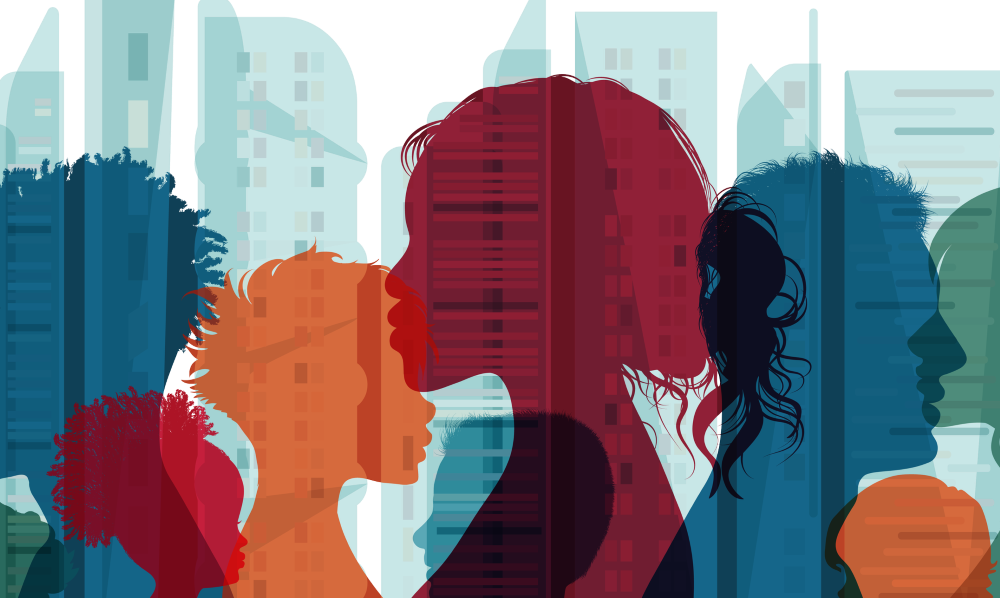Ethnic minorities today are a contributing force of Albanian society to the consolidation of democracy in the country.

Arjana Muçaj
From the anthropological point of view, Albanians belong to the Mediterranean features. Per our information, the boundaries set in 1913 to date have not changed. According to statistics over the years, in 1923 the population was 804 thousand inhabitants, in 1938 it was 1,040,000 inhabitants and in 1979 it was 2,600,000. According to official sources 3,200,000 people live in Albania.
During the last war between the Balkan countries, populations moved across territories. In Albania, the largest ethnic society is the Albanian one, which has its own national identity. For years, smaller ethnic societies have lived with it, such as populations from Greece, North Macedonia, Bulgaria, Serbia, Montenegro. The ethnocultural reality tells us that the Albanians live with the feeling that they descend from the “highest culture of this country”, but despite this, the frustration of “others” does not set in Albanians the paradigms of prejudices or nationalist fantasies that are observed in other countries of the Balkans.
Albanians do not think that the ethnic minorities living within them should return to the countries where they came from and where they have their culture and native language. Ethno cultural reality shows us how well the rites and customs, the religious beliefs of all social groups are respected, without any prejudice or discrimination. Albanian policy towards these ethnicities is very tolerant regarding their national identity. It does not threaten ethnic minorities to reject their traditions, culture and language, as is the case in neighboring countries such as Greece, Serbia, etc.
According to identity theories, representatives of different ethnic groups are more sensitive to the identity of their groups. Ethnic minorities today are a contributing force of Albanian society to the consolidation of democracy in the country. Everyone agrees that in the modern era we live in, the implementation and respect of the rights of ethnic minorities is the key to the success of a society that seeks to become part of the European Union.
Elements such as language, religion, tradition, culture of ethnic minorities are an integral part of the development of Albanian society in these years. Government policies have focused on breaking prejudices against these ethnicities, but even though we say that we are a society who embraces progress, we still have the “Roma” minorities who have not yet found themselves in their identity. These minorities are still seen as a despised part of Albanian society.
With the naked eye we can see how they are refused to receive quality services, guaranteed by the state. Prejudices against this ethnicity have existed but have deepened. The use of the terms such as “gypsy” best show the true face of the reforms that have been made or the projects won on behalf of this ethnic group in the country.
However, the stereotypes that have been present for years towards this ethnicity best show the appreciation that Albanian society gives. What is worth noting is that young people, according to a good part of the studies conducted, show that they easily communicate with each other, but also have not presented problems between ethnic relations in Albania. In conclusion, the Convention for the Protection of the Rights of Ethnic Minorities is not sufficiently recognized, so it puts state institutions in debt to its citizens for not properly informing ethnic minorities within Albanian territory.
Arjana Muçaj graduated from the University of Tirana for Social Sciences. She continued her studies in Sofia, Bulgaria and has 21 years of experience as a lecturer



Leave A Comment